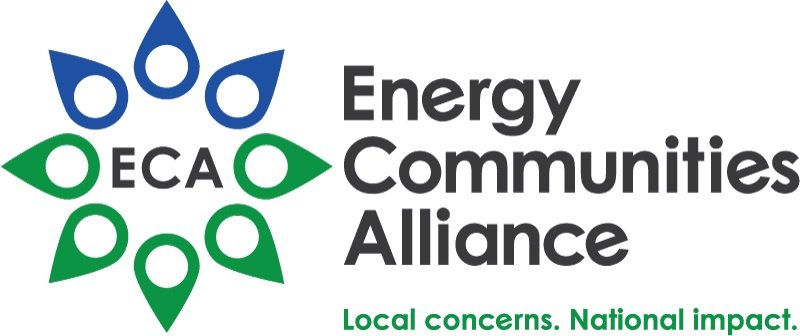CONSENT BASED SITING WOULD CURB STEEP LIABILITIES FOR U.S. GOVERNMENT
As reported last week, NorthStar Vermont Yankee, LLC won a breach of contract claim against the United States in the U.S. Court of Claims for what could be a value of more than $200 million. The court ruled in favor of Vermont Yankee as to several categories of disputed costs; including wet pool storage costs, dry cask storage costs, and decommissioning costs in excess of what would have otherwise been incurred.
The judgement is not without precedent. Payments pursuant to Department of Energy (DOE) settlements and judgments in litigation amounted to approximately $10.6 billion as of September 30, 2023. This steep price tag highlights the importance of going through the consent-based siting process.
Following the Nuclear Waste Policy Act of 1982 (NWPA), DOE entered into contracts to legally acquire civilian spent nuclear fuel (SNF) and to begin disposing of civilian SNF no later than January 31, 1998 – implied, by the NWPA, to be at a federal geologic repository or a federal monitored retrievable storage (MRS). Amendments to the NWPA in 1987 stipulated that the only permissible site for a permanent repository is Yucca Mountain, NV. The same amendments required DOE to obtain an Nuclear Regulatory Commission (NRC) license before beginning construction of any permanent repository or MRS. The difficulty of, and challenges to acquiring this license however, meant that by January 31, 1998, neither a permanent repository nor an MRS facility existed. Congress has not appropriated funding for activities relating to a Yucca Mountain repository since FY2010, and NRC has issued no license. DOE lacked, and still lacks the authority to construct either a permanent repository or an MRS. The Yucca Mountain repository has not been built; therefore, DOE has been unable to comply with its obligations under the contracts it agreed to.
This represents a partial breach of the contracts and has resulted in substantial litigation with DOE. Plant operators seek to recover storage costs they would not have incurred had DOE been able to license Yucca Mountain and acquire SNF by January 31, 1998. NorthStar’s claim is based on the same argument. DOE breached a contractual obligation to accept and dispose of spent nuclear fuel (SNF) from the Vermont Yankee Nuclear Power Station between 2014 and 2018. At this time, Vermont Yankee permanently shut down its operations and loaded all remaining SNF into on-site dry storage.
All over the United States, SNF from civilian nuclear reactors continues to be stored primarily on site at each plant that generated the waste, some of which, like Vermont Yankee, are no longer in operation. Contract holders will continue to provide annual claims for added costs under the settlement agreements they have reached with DOE, and annual payments following those agreements will continue as well. These claims are the price tag of storing SNF on site at civilian nuclear reactors - a cost of $10.6 billion. Engaging in consent-based siting for a geologic repository, MRS or consolidated interim storage facility (CISF) would help to curb the U.S. government’s liabilities.
To learn more about the history of licensing decisions for CISFs, review this CRS report. To learn more about siting a CISF, see ECA’s Consent-Based Siting Website.
ECA will continue to provide updates on consent based siting of a CISF, MRS, or federal geologic repository, as they develop.
